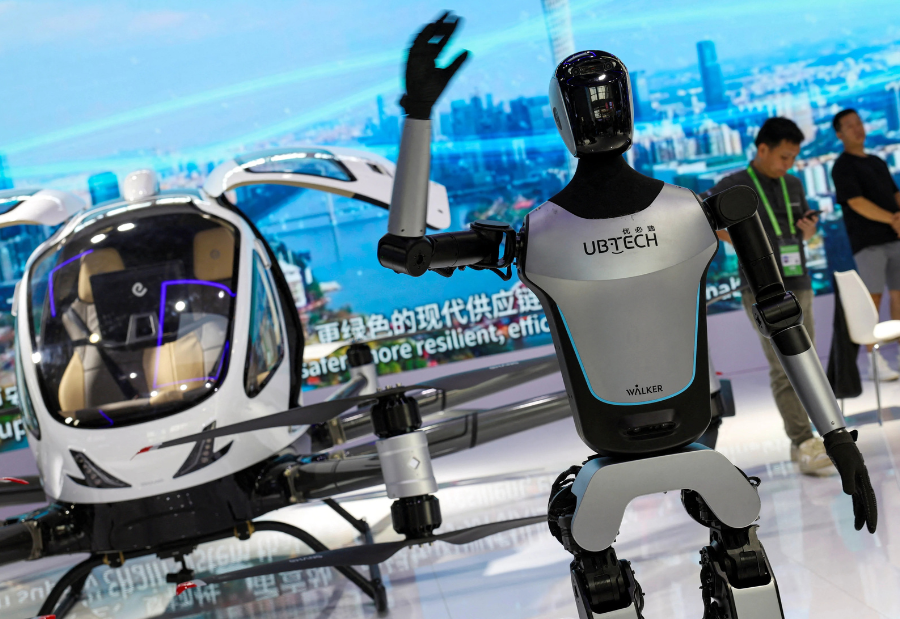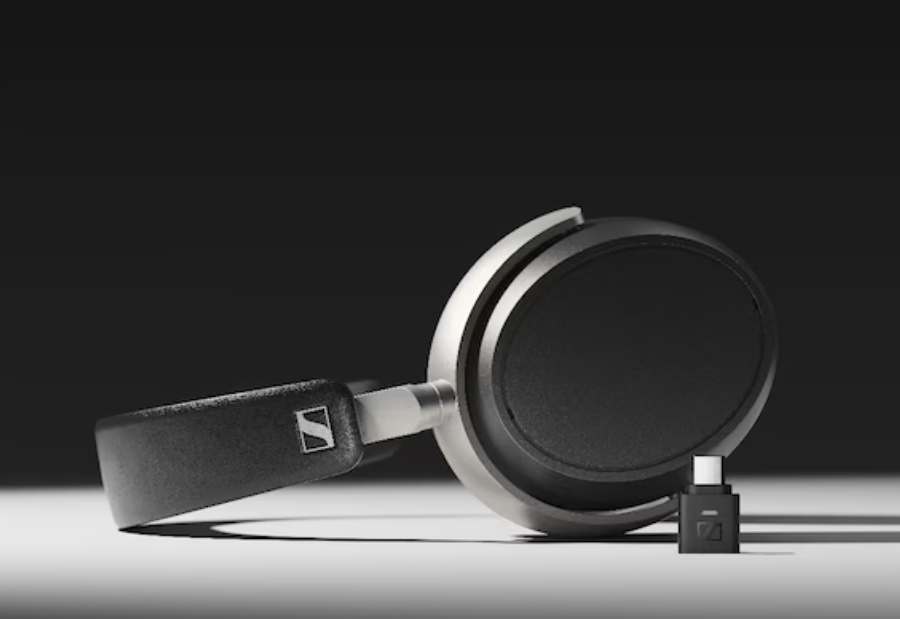UBTech is advancing the real-world use of humanoid robots as the company announces a major multimillion-dollar agreement to deploy its latest models at a key border facility in China, near the Vietnam border. The Shenzhen-based robotics leader confirmed a 37-million-dollar deal with a humanoid robotics testing centre, marking one of the most significant steps toward large-scale adoption of the company’s technology. Under this agreement, UBTech robots will support tasks such as assisting travellers, guiding queues, and helping manage crowd movement—roles that align with China’s growing emphasis on smart border management.
The project will focus primarily on the newest generation of UBTech Walker robots, designed for demanding tasks across border control, logistics handling, and factory security patrols. According to UBTech, deliveries of these advanced robots—capable of autonomously swapping their batteries—are scheduled to begin in December. While the company did not clarify whether the units will use AI or remote operation during this initial trial, the deployment underscores China’s ambition to strengthen leadership in the global humanoid robotics market.
Industry forecasts reflect this momentum. A consulting report released in April projected that China’s humanoid robotics sector could reach 82 billion yuan (11.6 billion dollars) by 2025, making up half of global sales. This growth is supported by headline-making achievements across the country, including a Shanghai-developed robot completing a 100-kilometer walk over three days, earning a Guinness World Record. China also hosted the first humanoid robot games in Beijing, where more than 500 participants competed in events ranging from cleaning tasks to basketball.
Yet analysts warn that the rapid expansion could lead to overcapacity as manufacturing scales faster than confirmed demand. Despite these concerns, UBTech maintains strong confidence in market uptake. The company reported 1.1 billion yuan in sales for its Walker series this year alone. Addressing market scepticism, UBTech executive Tan Min emphasized that existing demand is robust, noting, “The orders we have received far exceed the announced number.” With this major deployment and growing national support, UBTech continues to position itself at the forefront of China’s fast-rising humanoid robotics industry.
Also read: Viksit Workforce for a Viksit Bharat
Do Follow: The Mainstream formerly known as CIO News LinkedIn Account | The Mainstream formerly known as CIO News Facebook | The Mainstream formerly known as CIO News Youtube | The Mainstream formerly known as CIO News Twitter
About us:
The Mainstream is a premier platform delivering the latest updates and informed perspectives across the technology business and cyber landscape. Built on research-driven, thought leadership and original intellectual property, The Mainstream also curates summits & conferences that convene decision makers to explore how technology reshapes industries and leadership. With a growing presence in India and globally across the Middle East, Africa, ASEAN, the USA, the UK and Australia, The Mainstream carries a vision to bring the latest happenings and insights to 8.2 billion people and to place technology at the centre of conversation for leaders navigating the future.




